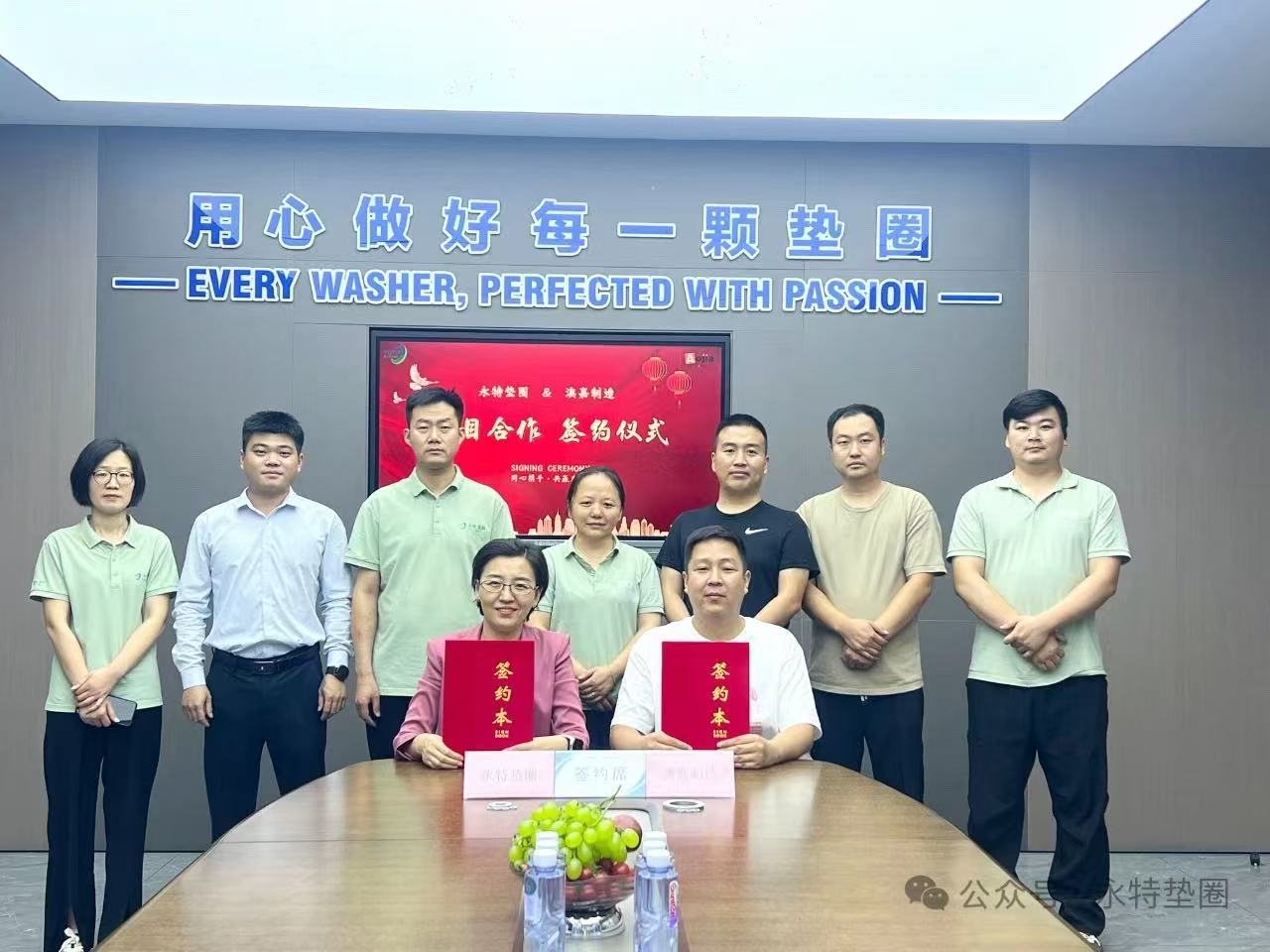Unlocking the Potential of DIN 6795 Grounding Washers: Applications Galore!
2025-08-25
DIN 6795 Grounding washers
Introduction: The Unsung Heroes of Electrical Engineering
When it comes to electrical connections, many components play a vital role, but few are as understated as DIN 6795 Grounding Washers. These little pieces of hardware pack a punch, ensuring safety and reliability in various applications. So, what's the scoop on these grounding washers? Buckle up, because we're diving into their world!
What Are DIN 6795 Grounding Washers?
Simply put, DIN 6795 grounding washers are specifically designed to provide a solid grounding connection. Made from conductive materials, these washers help disperse electrical currents safely, reducing the risk of electrical shock and fire hazards.
The Importance of Grounding
Grounding is crucial in any electrical setup. It's like the safety net for electrical systems, preventing excess charge from causing chaos. Without proper grounding, circuits can become unstable, leading to malfunctions or worse. That's where our friend, the DIN 6795 grounding washer, steps in!
So, Where Do We Use Them?
The applications for DIN 6795 grounding washers are as diverse as they are essential. Let's break down some common scenarios:
1. Electrical Panels
In electrical panels, grounding washers ensure that all components are adequately grounded, preventing electrical surges and ensuring smooth operation. They help keep everything in check, so the electrical system doesn't go haywire.
2. Industrial Machinery
Heavy machinery in factories often deals with high voltages. Using DIN 6795 grounding washers in these setups helps protect both the equipment and the operators. It's a win-win situation!
3. Automotive Applications
In the automotive world, grounding washers play a significant role in electrical connections. They help maintain the integrity of electrical systems in vehicles, ensuring everything runs smoothly on the road.
Material Matters
Not all grounding washers are created equal. The choice of material affects conductivity and durability. Stainless steel and copper are popular choices due to their excellent conductive properties and resistance to corrosion. It's crucial to select the right material based on environmental factors.
Installation Tips and Tricks
Installing DIN 6795 grounding washers might seem straightforward, but there are a few tricks to keep in mind:
- Clean the Surface: Ensure that surfaces are clean and free of dirt or corrosion for optimal conductivity.
- Tighten Properly: Don't overtighten! A snug fit is ideal—too much pressure can damage the washer and compromise its effectiveness.
- Regular Inspections: Periodically check your installations to ensure everything remains in tip-top shape.
Future of Grounding Solutions
As technology advances, so does the need for reliable grounding solutions. Innovations in materials and design are paving the way for even more effective grounding washers. The future looks bright, and we can't wait to see how DIN 6795 grounding washers evolve!
Final Thoughts
In the grand scheme of electrical engineering, DIN 6795 grounding washers may seem minor, but their impact is monumental. From industrial settings to automotive applications, these unsung heroes ensure safety and reliability. So, the next time you're working on an electrical project, remember the importance of grounding washers—your circuits will thank you!
Keywords:
Hot Products
Related news
Revolutionizing Fasteners: The GB858 Anti-return Washer Explained
2025-08-27














